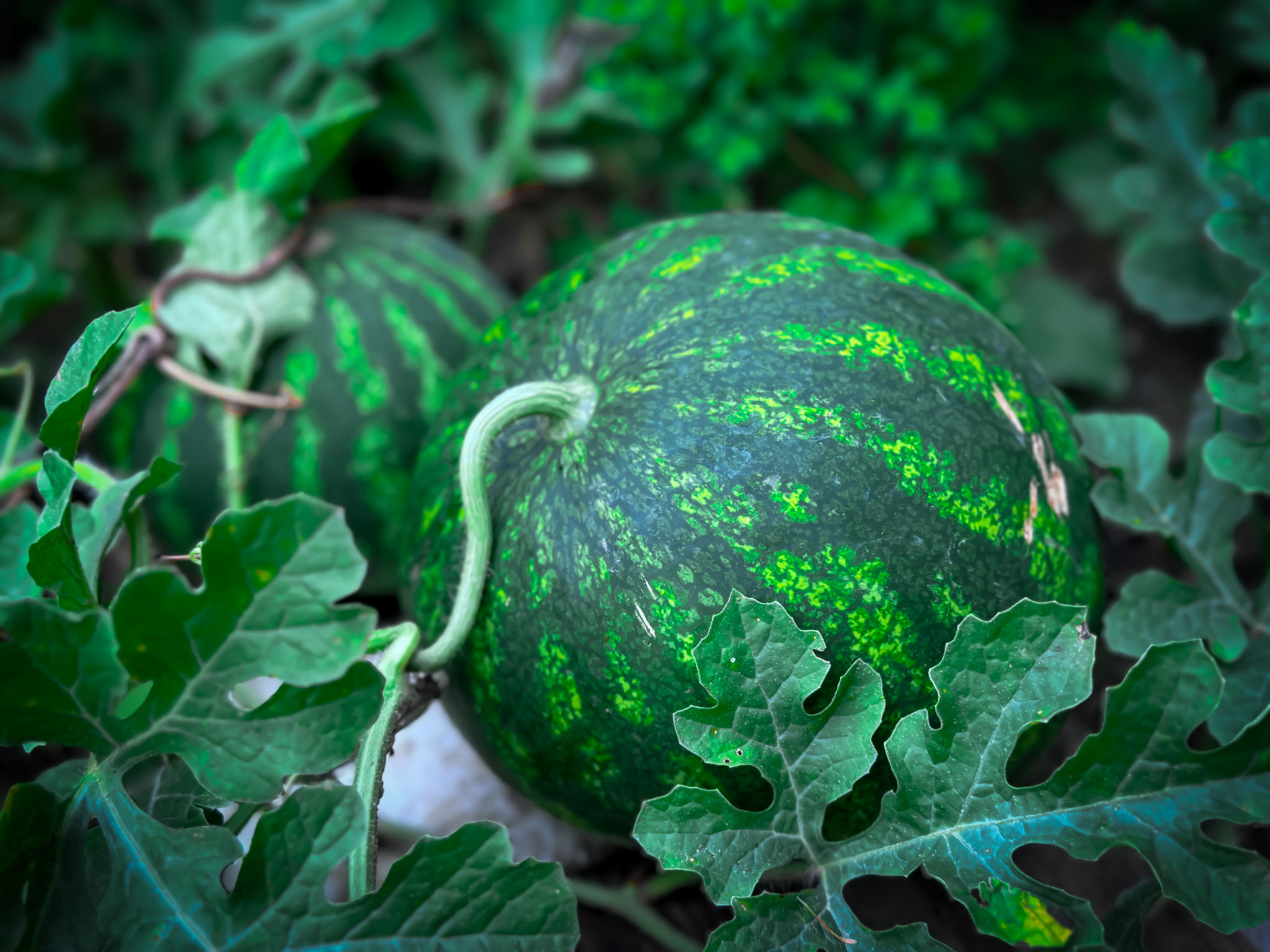The Ultimate Guide to Sustainable Lawn Care in Greenville
Introduction to Sustainable Lawn Care
In Greenville, maintaining a lush and healthy lawn doesn't have to come at the cost of the environment. Sustainable lawn care practices not only help preserve our planet but also enhance the beauty and health of your lawn. In this guide, we’ll explore various eco-friendly techniques to keep your yard looking its best while minimizing your carbon footprint.
Start with Soil Health
The foundation of a sustainable lawn begins with healthy soil. Conducting a soil test can provide insight into its pH and nutrient levels. Based on the results, you can choose the appropriate natural fertilizers that supply the necessary nutrients without harming the environment. Consider incorporating organic matter like compost to improve soil structure and water retention.

Choose the Right Grass
Selecting the right type of grass is crucial for a sustainable lawn. Opt for drought-resistant and native grass species that require less water and maintenance. In Greenville, options like Bermuda grass and Zoysia are excellent choices as they thrive in the local climate and reduce the need for chemical inputs.
Proper mowing techniques also contribute significantly to sustainability. Keep your mower blades sharp and set at the correct height to promote healthy growth. Remember, leaving grass clippings on the lawn can naturally fertilize it by returning nutrients to the soil.
Water Wisely
Water conservation is a key aspect of sustainable lawn care. Implementing smart irrigation practices can significantly reduce water usage. Water your lawn early in the morning or late in the evening to minimize evaporation, and consider installing a rain sensor or a drip irrigation system to optimize efficiency.

Natural Pest Management
Dealing with pests in an eco-friendly manner is essential for sustainable lawn care. Encourage beneficial insects like ladybugs and predatory beetles by planting diverse vegetation. Use natural pest control methods such as neem oil or diatomaceous earth to manage harmful insects without resorting to chemical pesticides.
Additionally, maintaining a healthy lawn through proper aeration, overseeding, and fertilization can naturally deter pests by promoting robust grass growth that outcompetes weeds and other invaders.
Reduce Chemical Use
Minimizing chemical use is vital for protecting both the environment and human health. Opt for organic fertilizers and pest control options wherever possible. If you must use chemicals, apply them sparingly and follow all guidelines to prevent runoff into local waterways.

Embrace Biodiversity
Supporting biodiversity in your lawn can enhance its resilience and sustainability. Incorporate native plants and flowers to attract pollinators like bees and butterflies, creating a vibrant ecosystem that benefits your yard and the local environment. Consider creating a small wildflower meadow or installing a rain garden to manage stormwater runoff naturally.
By following these sustainable lawn care practices, you can enjoy a beautiful, environmentally-friendly yard that contributes positively to the ecosystem in Greenville. Embrace these changes not only to enhance your outdoor space but also to play a part in preserving our planet for future generations.
